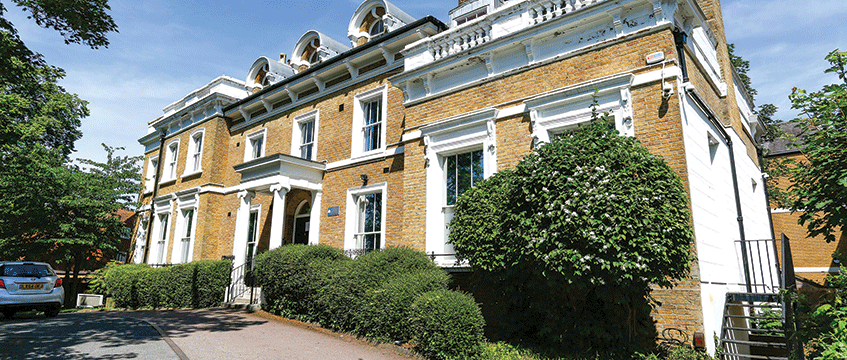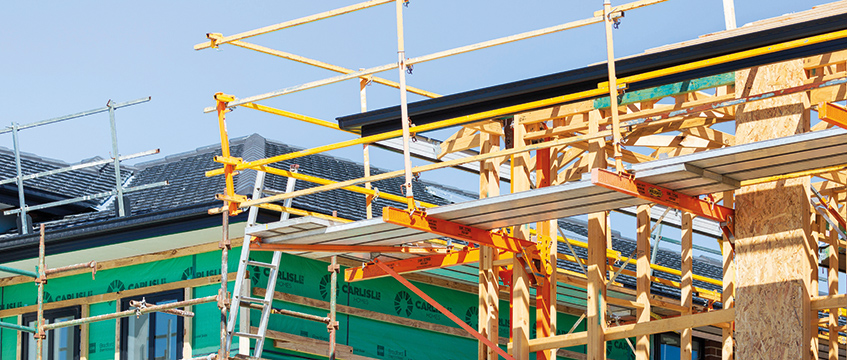COMMENT: Private investors are joining the march to “alternatives”, paying premium prices, and the only challenge is supply, writes Will Clough, auctioneer and associate partner, Allsop.
Evidence suggests that assets perceived to be internet resilient and away from the threat of online competition are attracting a price premium of around 20% in the auction room.
This premium for internet-immune investments is nothing new; rather morbidly, as far back as 2013 the average yield for retail units let to funeral directors across the country was sub-5%, which suggests that supply of these assets, not demand, is the issue.
At Allsop’s commercial auctions, non-retail assets have accounted for around £85m, or 25%, of our sales thus far this year.
A traditional alternative
One of the clearest examples in one of the more traditional alternatives, and purely income-led, is the sale of a package of seven solicitors’ offices in the North West. For these assets, let on new 15-year leases to the 12 partners of an established Lancashire law firm and with index-linked reviews, the average yield was 5.95% with a low of sub-5%, which rather goes against the more common pricing for secondary or tertiary offices in the North West.
Away from these traditional sectors, alternatives are performing well. This year, we have seen education, medical and roadside alternative investments all faring well in the auction room.
For example, a rare long lease to a private school trust located in the affluent Surrey suburb of Mitcham was highly sought-after at our 3 July sale. With lines of gleaming four-wheel drives parked outside the school (pictured) at pick-up time, investors clamoured to buy this 8,661 sq ft school, with the eventual buyer paying £2.27m at a yield of 4.5% on the fall of the hammer.
With an ageing population, the medical sector is seen as a safe haven for investment. Often, GP practices will be let to the partners with a rental guarantee from the NHS. One can easily find out the patient numbers and CQC rating of a particular practice to help make an informed decision.
Dental practices
The availability of information also applies to dental practices – many of which historically have occupied former residential properties within a community.
The secure income coupled with underlying residential values in many instances has seen the average medical yield remain in the mid-5% bracket.
Motor trade investments continue to appeal, again because of the physical nature of their offering and their perceived immunity from the internet. Black Circles may sell you tyres cheaper online, but they still need to be fitted. Properties let to Kwik-Fit are the most commonly seen tyre-depots in the auction room, the most recent example in Bournemouth achieving £730,000 at 4.5%.
Prominently located petrol stations are also considered popular where there is a good site to allow for charging points going forward or simply clear alternative use. This potential is highlighted by the pricing achieved for a lot in Golders Green, north London, let to Co-operative Group Food, which achieved £3.3m (2.9%), a strong yield in anyone’s book.
Car parks
Further linked to the motor trade are car park investments. The technology facilitating parking and payment continues to advance (often rather frustratingly) and despite political pressures over reducing air pollution, unless city centres become car-free, there will be no decline in their utility.
The average yield over the past three years for car parks let to NCP (including those held leasehold) is 5.6% with a low of 3.1% being achieved in March this year for a virtual freehold NCP in Queensway.
These three sub-sectors suggest that the motor car is “driving” one section of non-retail investment.
Ground rent
Also, we must not overlook the humble ground rent. Arguably the most boring of investments, they won’t make you rich quickly but in terms of wealth preservation, the children and grandchildren of our investors might even be grateful one day.
With a similarity in investment fundamentals such as security, growth and length of income behind both alternatives and high street assets, it is no surprise that experienced investors have woken up to the potential of non-retail investments.
This year private investors in our auction room have demonstrated time and time again that they have cash to invest and the appetite to deploy. While the high street continues to undergo a period of unprecedented change, alternatives are in increasing demand. Yet it remains to be seen if existing levels of supply can quench the growing thirst of this demand.











